
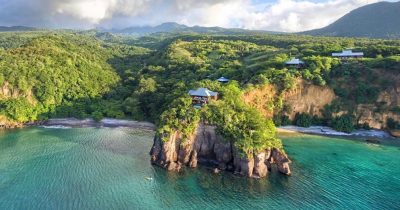
Whether you arrive at Dominica (pronounced Domineeka) by air or by sea, the island’s steep forest-covered mountain peaks, rising like green giants from the ocean, is such a jaw-dropping sight that it will take your breath away. There is no island in the Caribbean like Dominica. It is hardly surprising that its dramatic beauty features in such literary classics such as Wide Sargasso Sea, or in blockbuster films such as Pirates of the Caribbean. Dominica is a world apart from the similarly-named Dominican Republic, with an endless list of outdoor activities for adventurers. Here are ten reasons to travel there soon….
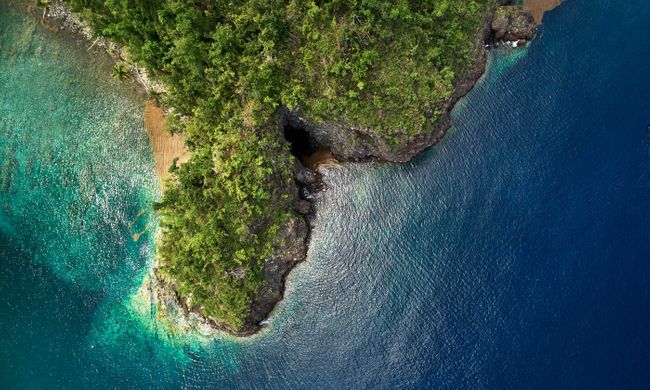
The verdant island will take your breath away — both from a distance and when you get up close
As the parrot flies, Dominica is about 47km long and 26km wide. With a dense cluster of nine volcanoes (one of them active) and even more volcanic domes, it is the most mountainous landscape in the region. Almost all the island’s lofty interior is covered in rainforest that conceals over 350 rivers and waterfalls – and much of it is unexplored. Think Jurassic Park (without the dinosaurs – or any other life-threatening creatures) and you’ll get the picture. The topside landscape is perfectly mirrored beneath the waves where mountains drop straight down into the abyss, creating colourful and striking reef formations of vertiginous walls and subterranean volcanic pinnacles.
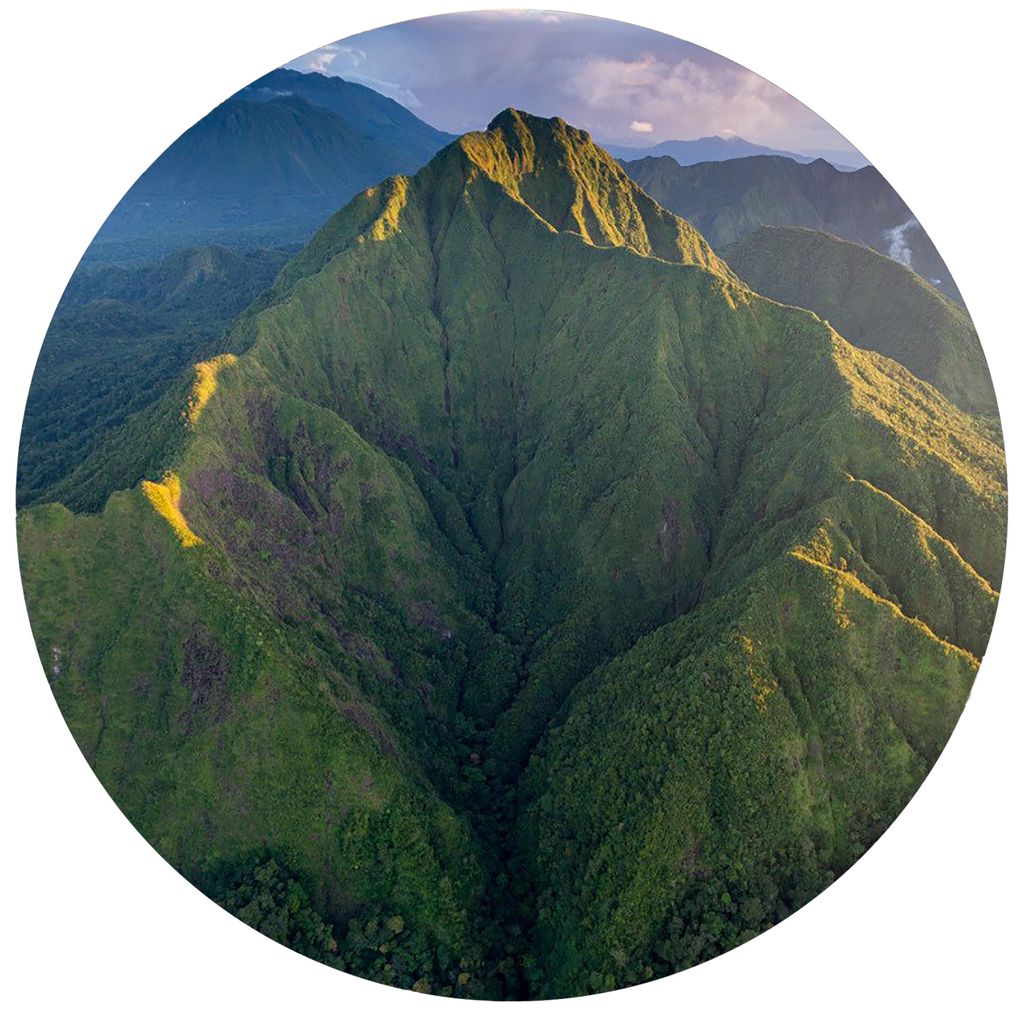
Dominica is the most mountainous landscape in the region

Beautiful reefs flourish under the island’s shore
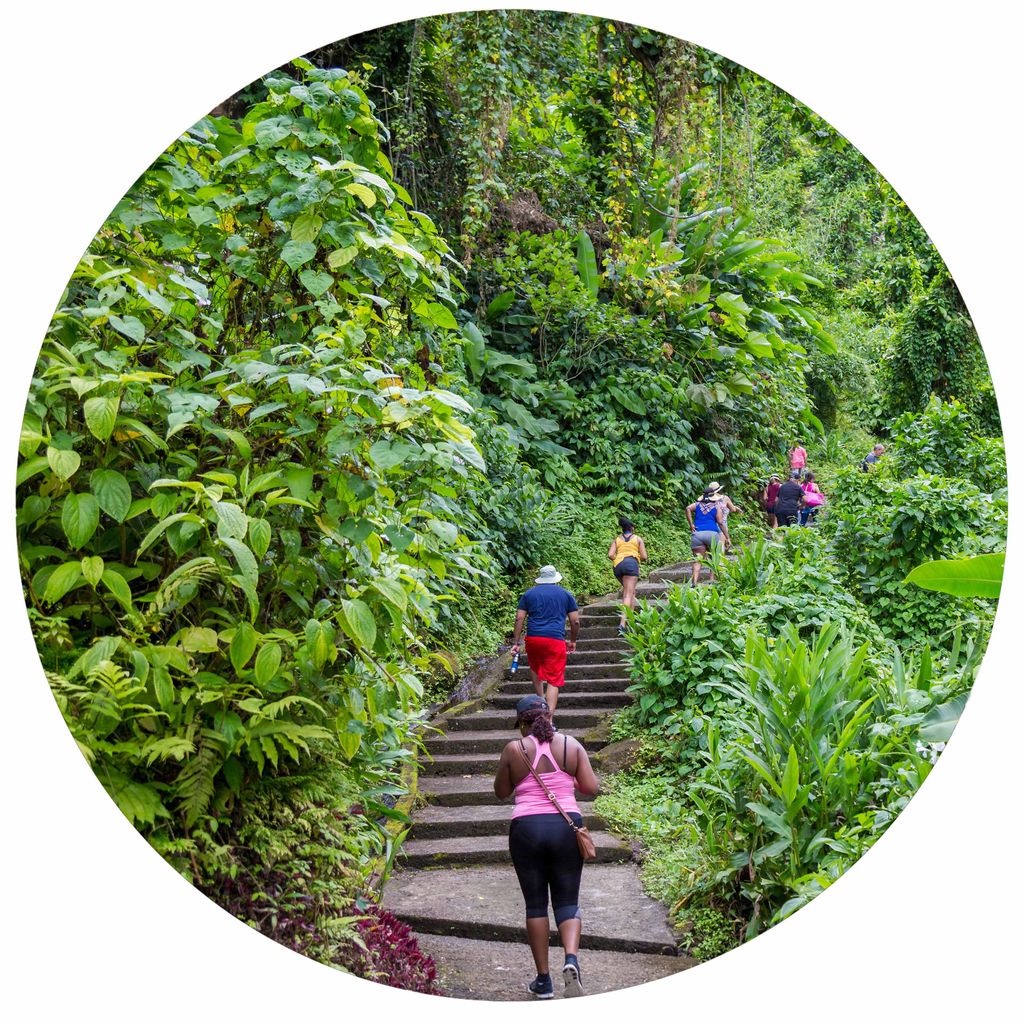
The island is covered in lush forests

Canyoning down a river gorge
Dominica makes you feel alive. Visiting is a reminder that to live life to the max, you must burst the bubble of the everyday and push your personal boundaries a little. A full day trekking through the Morne Trois Pitons National Park to the remarkable Boiling Lake; swimming through TiTou Gorge to a hidden waterfall; scuba diving abyssal reefs; rappelling down waterfalls on a thrilling canyoning trip – all of these are adventures that will stay with you, giving you a fresh perspective of what life is really about.
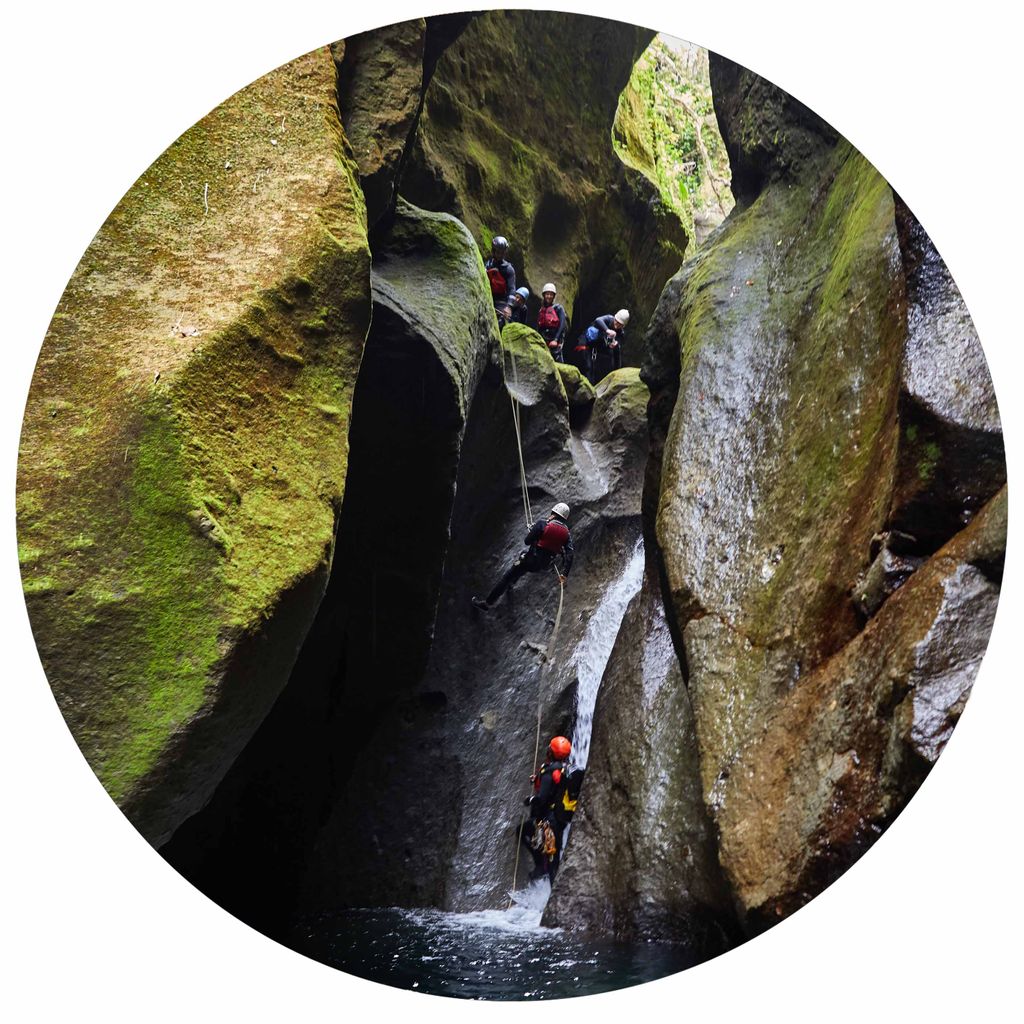
Enjoy extreme canyoning

Explore the landscapes by kayak

Swim in the Emerald Pool
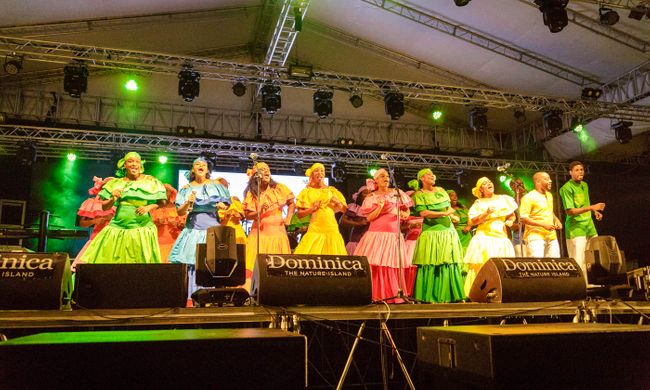
The World Creole Music Festival celebrates Creole culture
Caribbean Creole culture grew out of a combination of ancient West African traditions and folklore, and colonial European heritage, especially that of France. Although Dominica was in the hands of the British for most of its colonial years, the proximity of Guadeloupe and Martinique, both full departments of France, were a continuous influence on Dominica’s people. Creole manifests itself in the island’s second language (patois), in its food culture, in its art, and in its traditional music and dance festivals. Creole Week in October is a time to feast on crabback (spiced land crab in shells), callaloo (dasheen leaf soup) and sancoche (codfish in coconut), to watch cultural groups dance the bélé, and to free up at the three-night World Creole Music Festival.
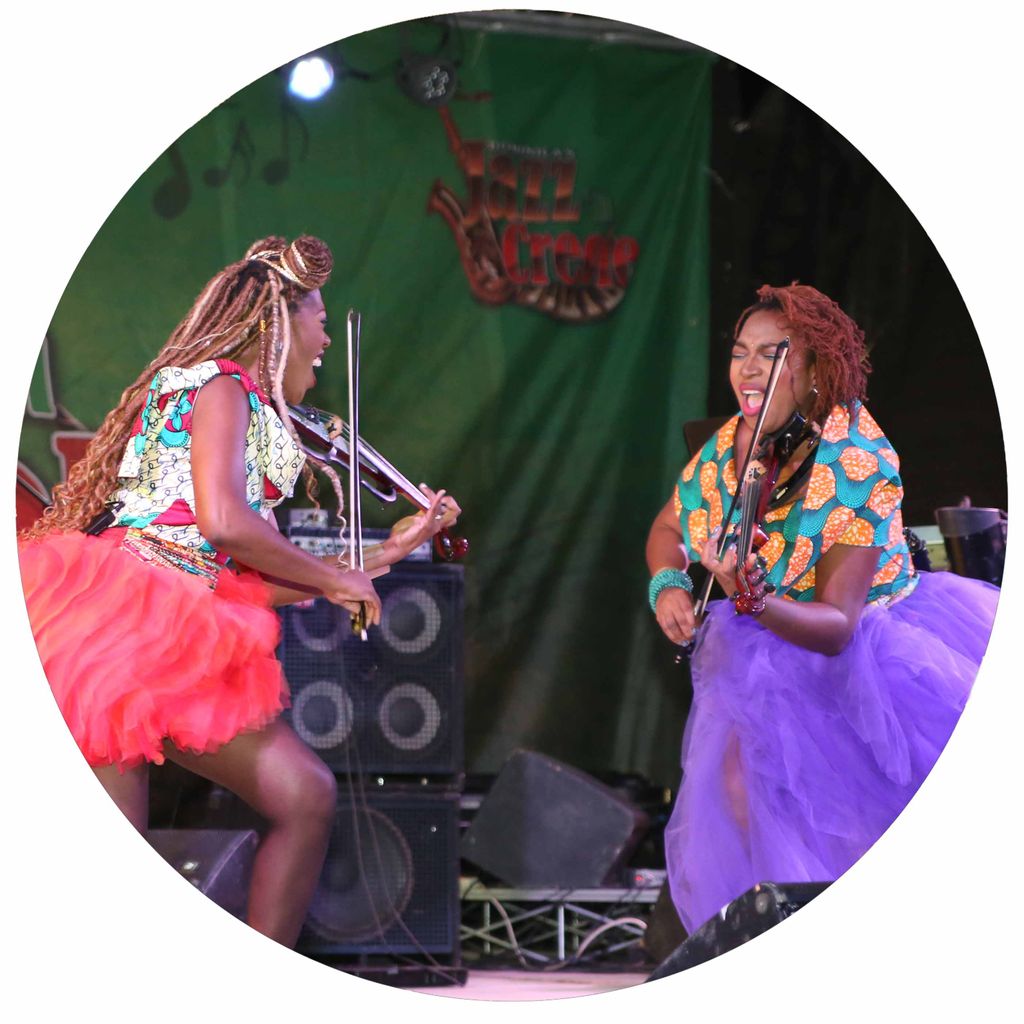
Performers at the Jazz and Creole Festival

The audience at the World Creole Music Festival
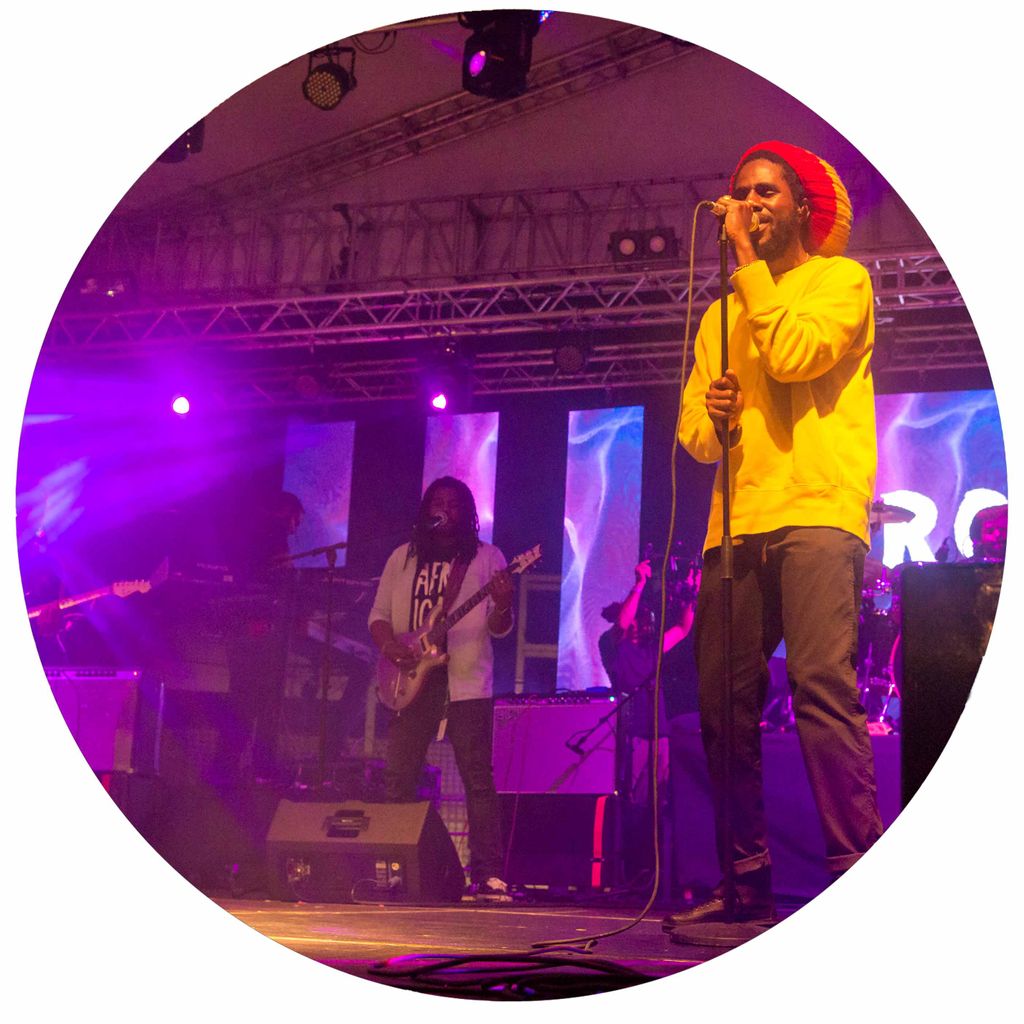
Performers at the World Creole Music Festival
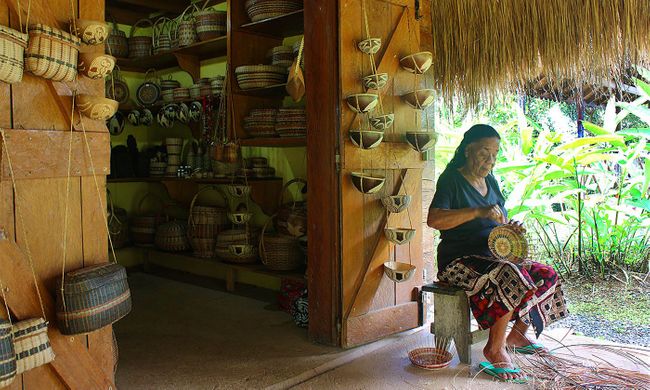
A woman making a traditional reed basket
Dominica’s 1,530 hectare, semi-autonomous Kalinago Territory is unique to the region. Descendants of the Caribbean’s first people (self-identified as Kalinago) live here. Before Columbus arrived, it was the indigenous Amerindians who gave the island its original name, Wai’tukubuli, meaning ‘tall is her body’, and whose descendants still eke out a living from traditional larouma reed basket-making, canoe-building, fishing, farming, and cassava bread-making. The Kalinago Barana Auté, located in the village of Crayfish River and built around the Isulukati Waterfall, is a village of traditional thatched buildings like the impressive central karbet, representing how the Kalinago people lived before and for a while after the arrival of the Europeans.

Kalinago dancing

The Kalinago Barana Auté model village

Kalinago mask carving

Enjoy one of Dominica’s many natural spas and hot springs
Dominica is the eastern Caribbean’s health and wellness capital; an island replete with raw nature, clean air and water that is so pure you can safely drink straight from its mountain rivers. Because of its volcanic origins, there are several hot sulphur spas in which to relax, where mineral-rich waters revitalise and cleanse, all surrounded by colourful gardens and thick forest. With a strong tradition of farming and fishing, island food is wholesome and fresh, and there are plenty of wellness therapies and services to help you recharge – from massage to yoga to forest bathing. Combine all this with some exercise and a little adventure, and you can’t help but feel well.
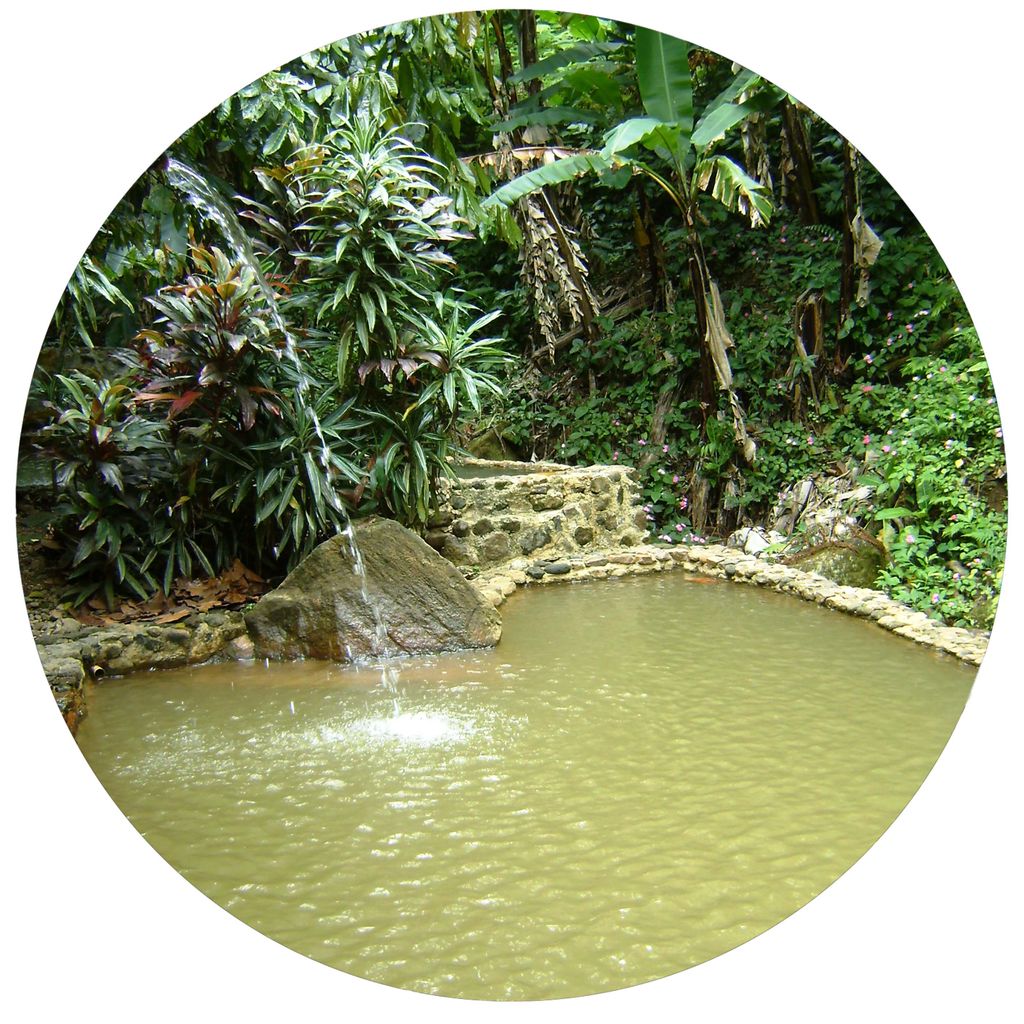
A sulphur pool
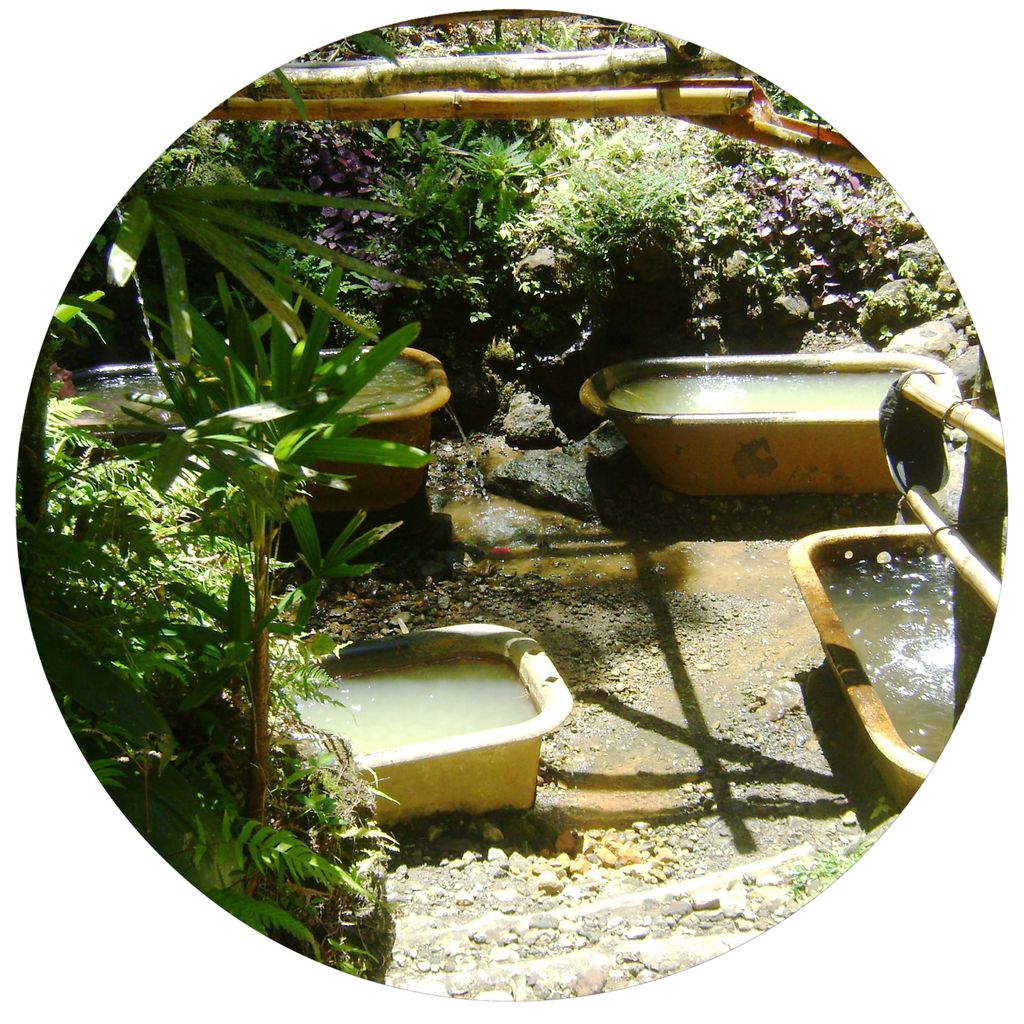
Ti Kwen Glo Cho hot tubs
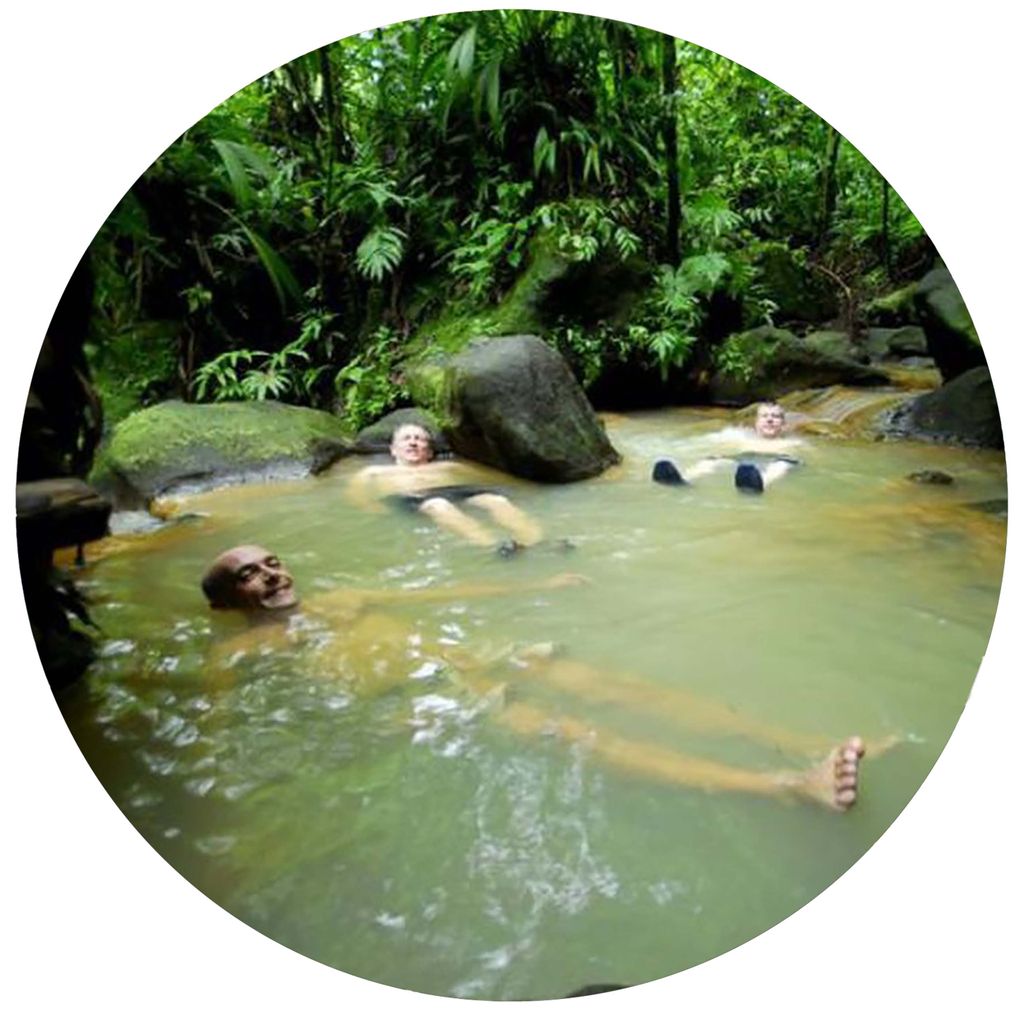
Enjoying hot springs
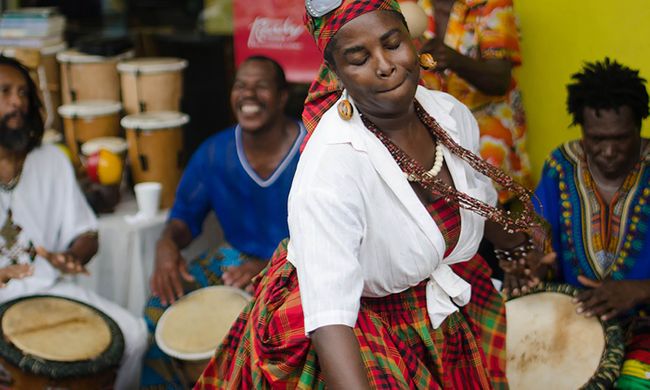
Feel welcomed by the communities of Dominica
Dominica is a friendly place. Talk is a national pastime here (just listen to the radio), and most people are very happy to chat and tell you about their island. Beyond the capital, Roseau, where about a quarter of the 70,000 population lives, most places are small coastal or rural farming communities that sprang out of abandoned plantations after the abolition of slavery. This is the Caribbean how it used to be – no designer boutiques, no duty free shops, no sprawling resorts – just simple, traditional communities where you can buy freshly caught fish from the bay side, ground provisions still with dirt on them from the road side, or just slip into the village rum shop for a glass of the local moonshine and a debate about the affairs of the world.

Learn about life in rural Dominica
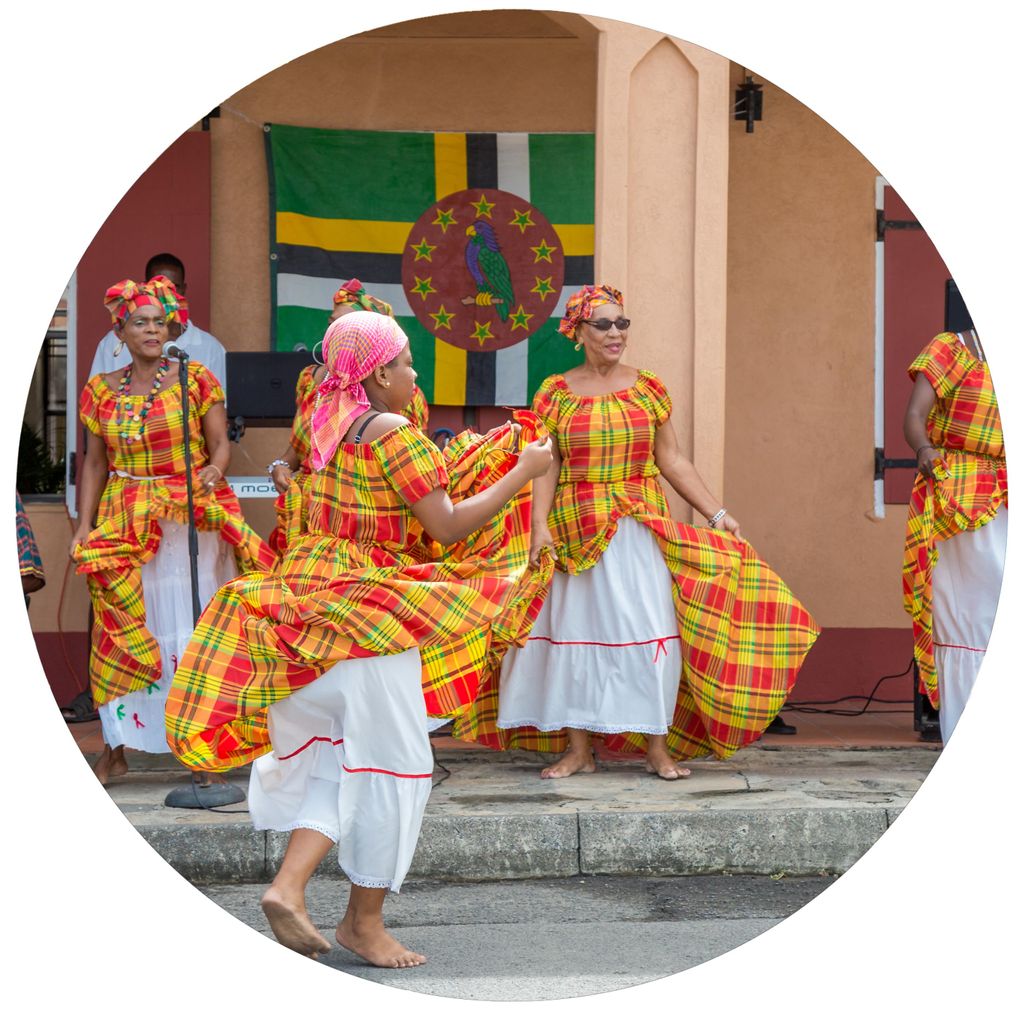
Discover warm-hearted people
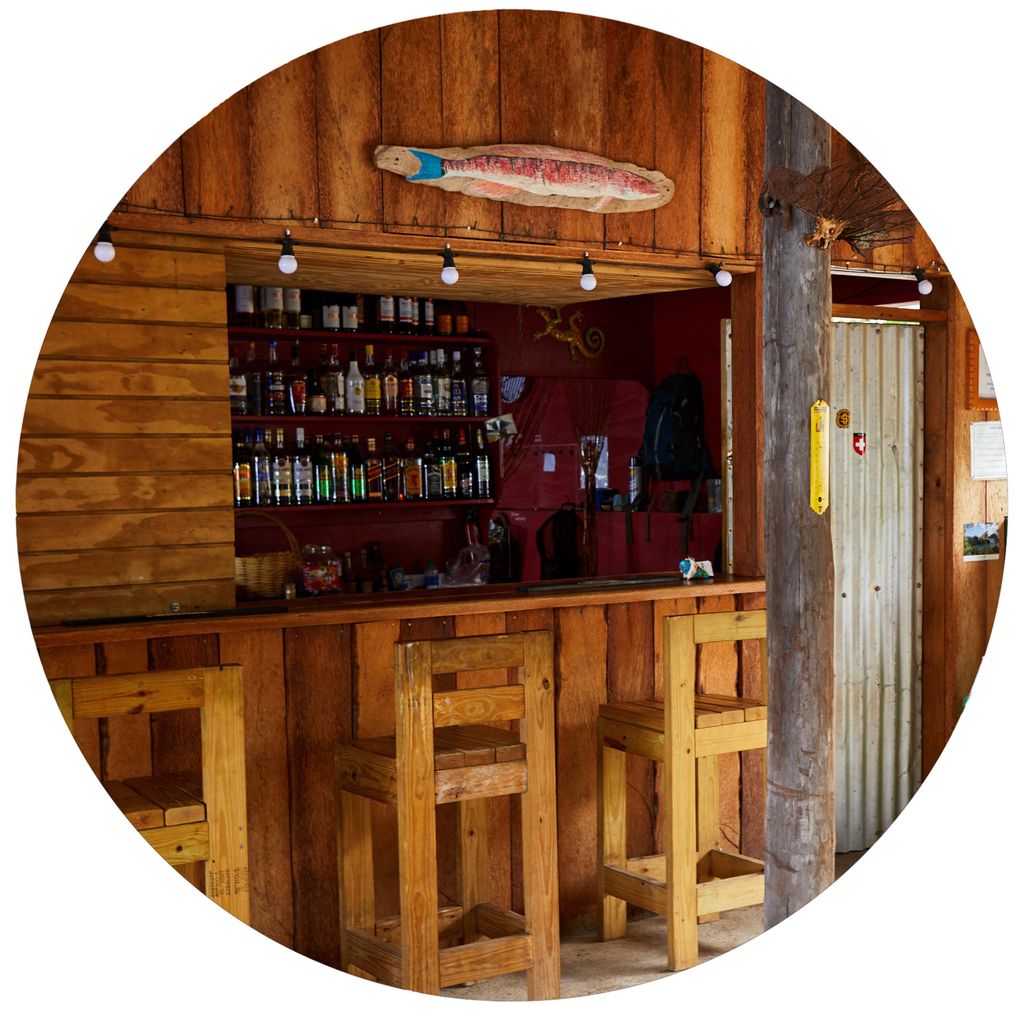
Enjoy a drink and a chat in a Dominican bar

Be inspired by the island’s colourful sunsests
The peace and quiet, the fresh air, the colours, the heritage, and the embrace of nature, all combine to make Dominica an inspirational place for writers, artists, photographers and researchers. Unlike mainstream Caribbean islands, Dominica does not have sprawling and crowded beach resorts. Instead, it has a wealth of cosy and creatively-designed eco cottages – some simple and rustic, some far more luxurious, but all lovely and natural. Wake up to fresh fruits, the joy of bathing in a nearby river pool, spend your day discovering inspirational and photogenic places, and wind down to a gorgeous sunset, a local rum punch and a night time chorus of tree frogs.
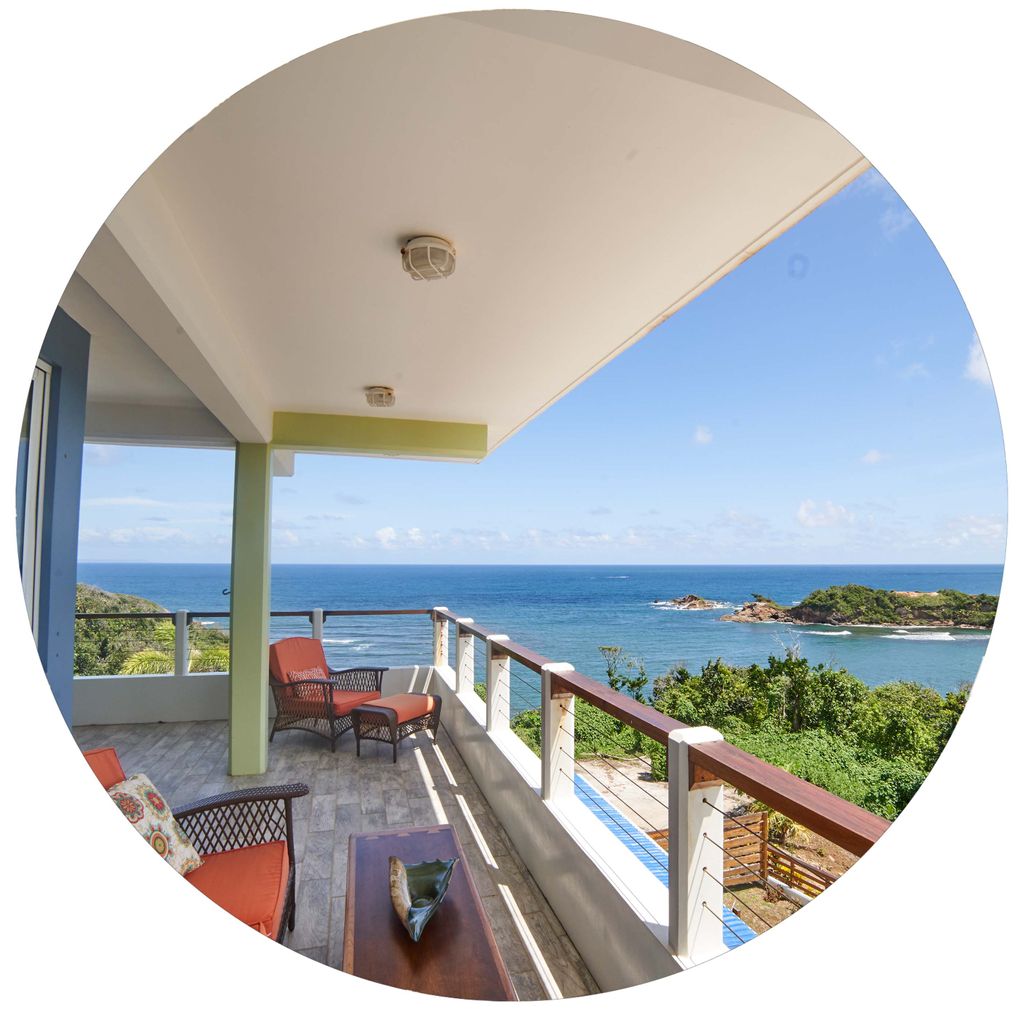
Enjoy the lovely and natural lodges
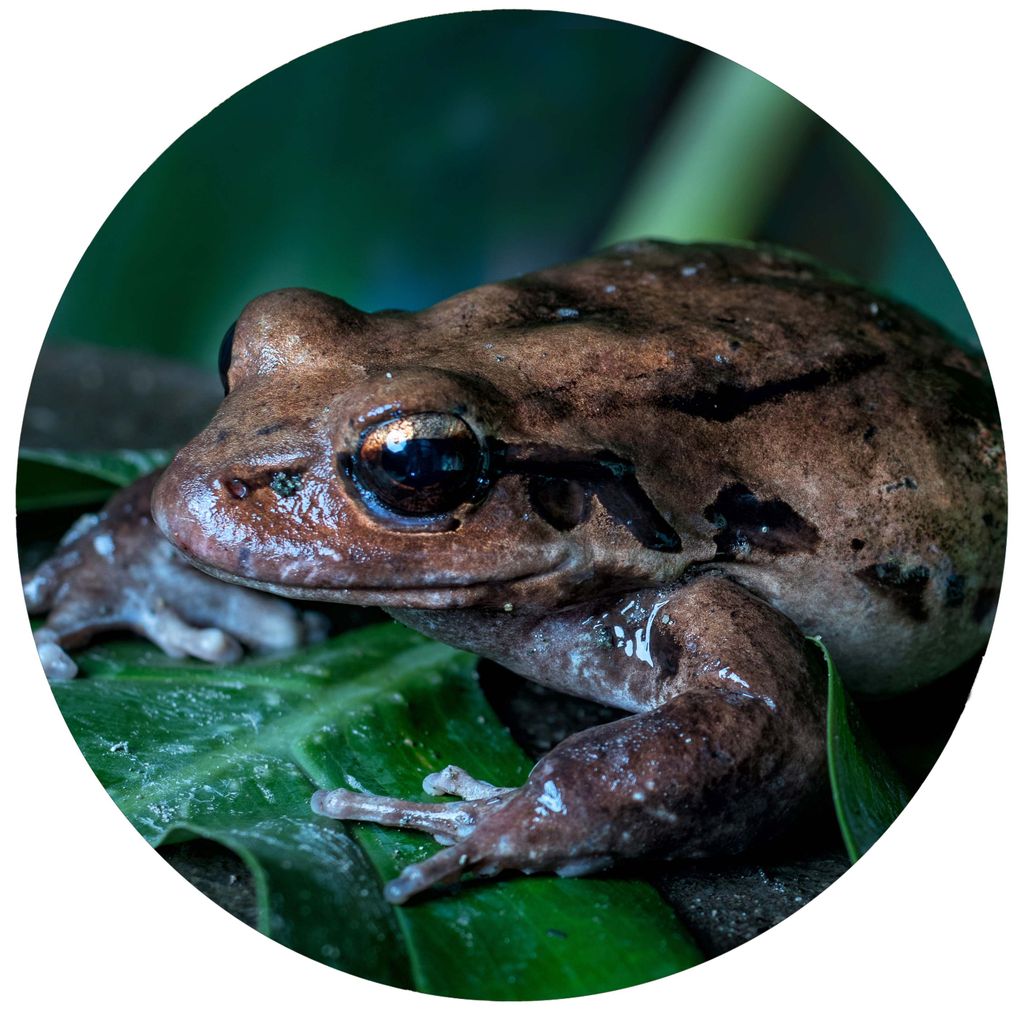
Listen to the night chorus of frogs
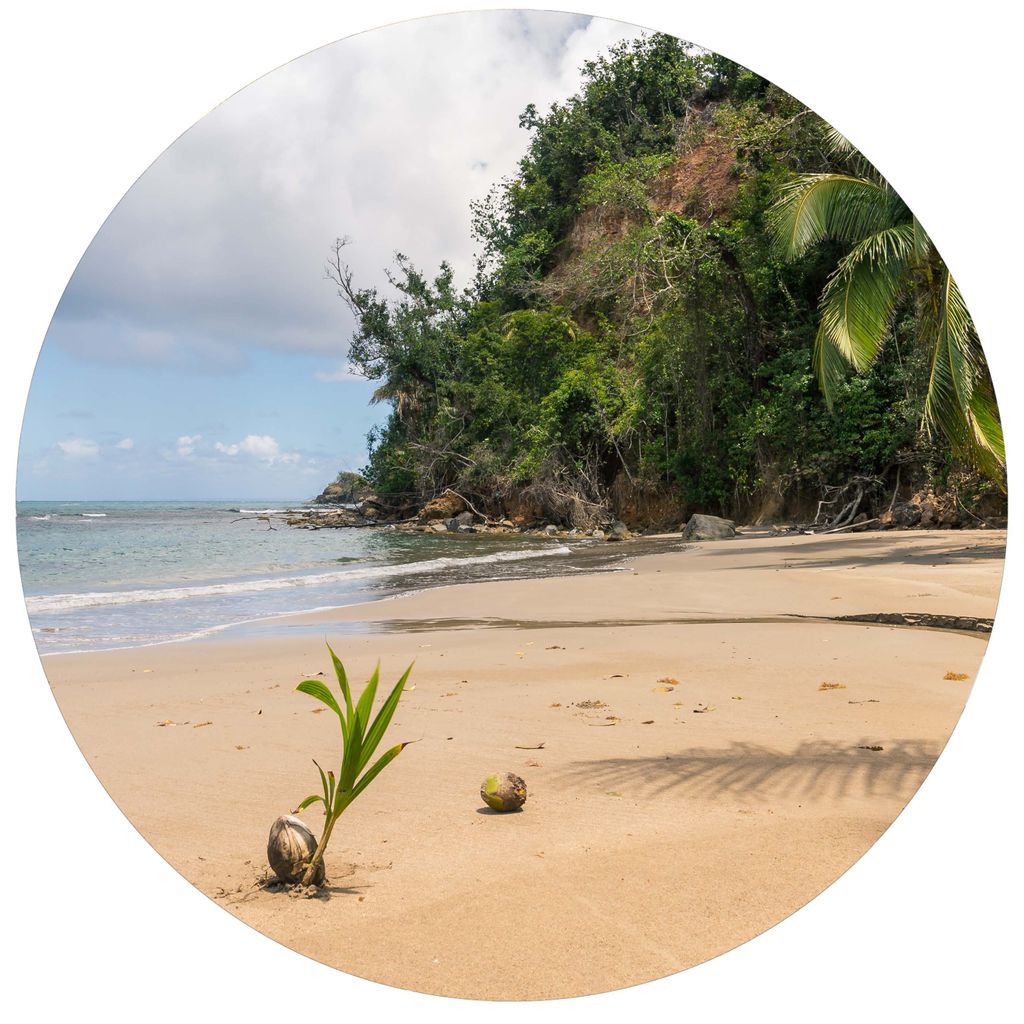
Be inspired by the beaches

Relaxing in an infinity pool overlooking the ocean
It is only when you come to an island like Dominica that you realise just how fast, frantic and time-demanding your everyday life has become. Bring down the pace of life and recharge with a leisurely walk through some of Dominica’s floral gardens. Take a walk around the tropical gardens of Papillote, where you can also see waterfalls, hummingbirds, a plethora of tropical plant and animal life (ask someone to point out the perfectly camouflaged stick insects) and hot volcanic pools; or stroll around Roseau’s Botanical Gardens, established back in 1890 with the help of botanists from Kew Gardens, and where you can bring a picnic, watch a local cricket match, or enjoy the spectacle of stilt-walkers practicing for carnival. Head up to the village of Giraudel for the annual flower show or take a birding trip to see Dominica’s two endemic Amazonian parrots – the Sisserou and the Jaco – in the shadow of Morne Diablotin, the nature island’s tallest mountain. After a long day of hiking, unwind in an infinity pool with the ocean extending before you.

Enjoy studying exotic flowers in the tropical gardens of Papillote (Shutterstock)
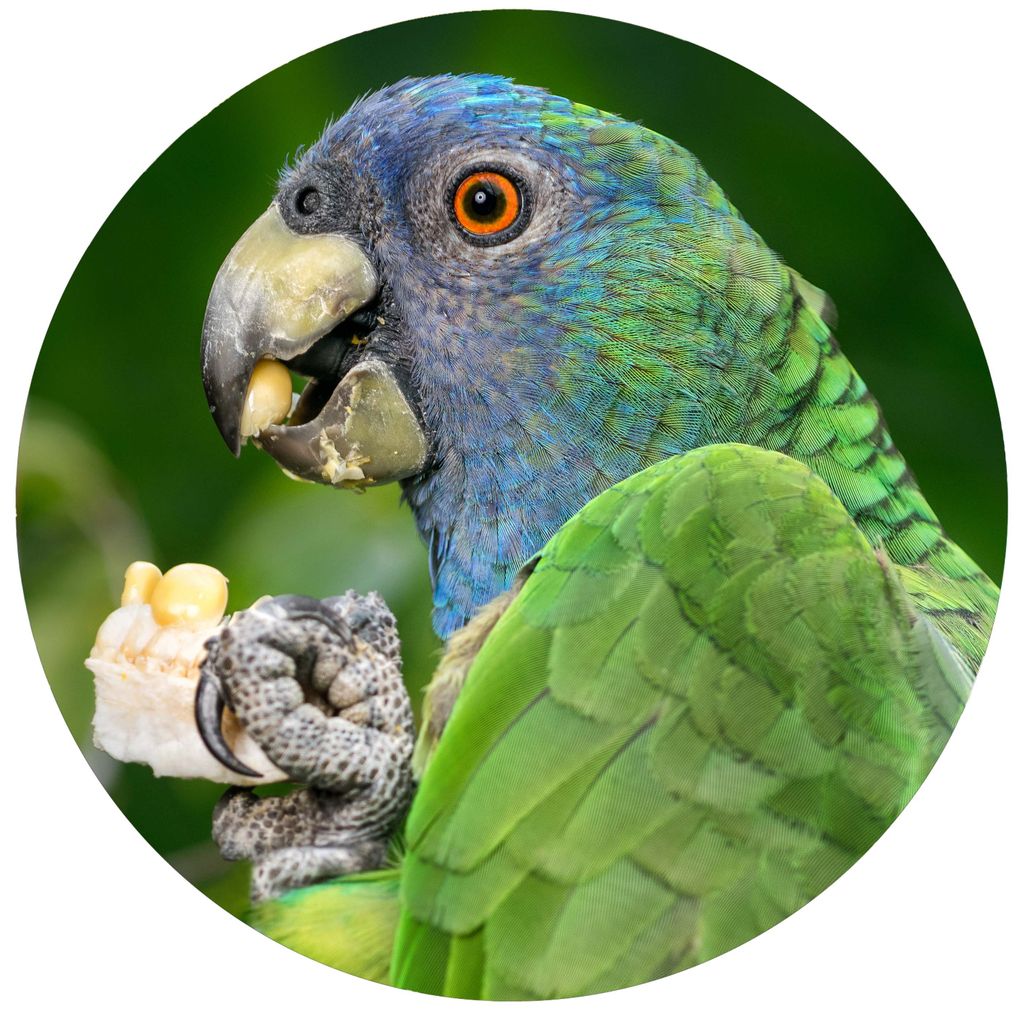
Get up close to the birdlife

Discover the beauty within the botanical garden
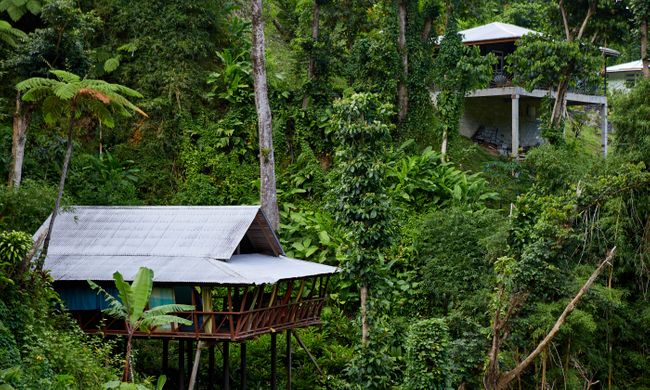
Enjoy many eco-friendly places on the island
Dominica places great emphasis on preserving the natural environment, developing resilience to the impact of climate change (it has recently banned single-use plastics), becoming more and more self-sufficient by developing its own geothermal energy source, preserving the pure quality of its water, and ensuring its agriculture sector can provide the island with future food security. Traditional herbal plants and teas are a way of life in Dominica, where ancient knowledge from Africa and South America is still passed down through generations. For nature-loving, environmentally-conscious travellers, Dominica is a beacon.
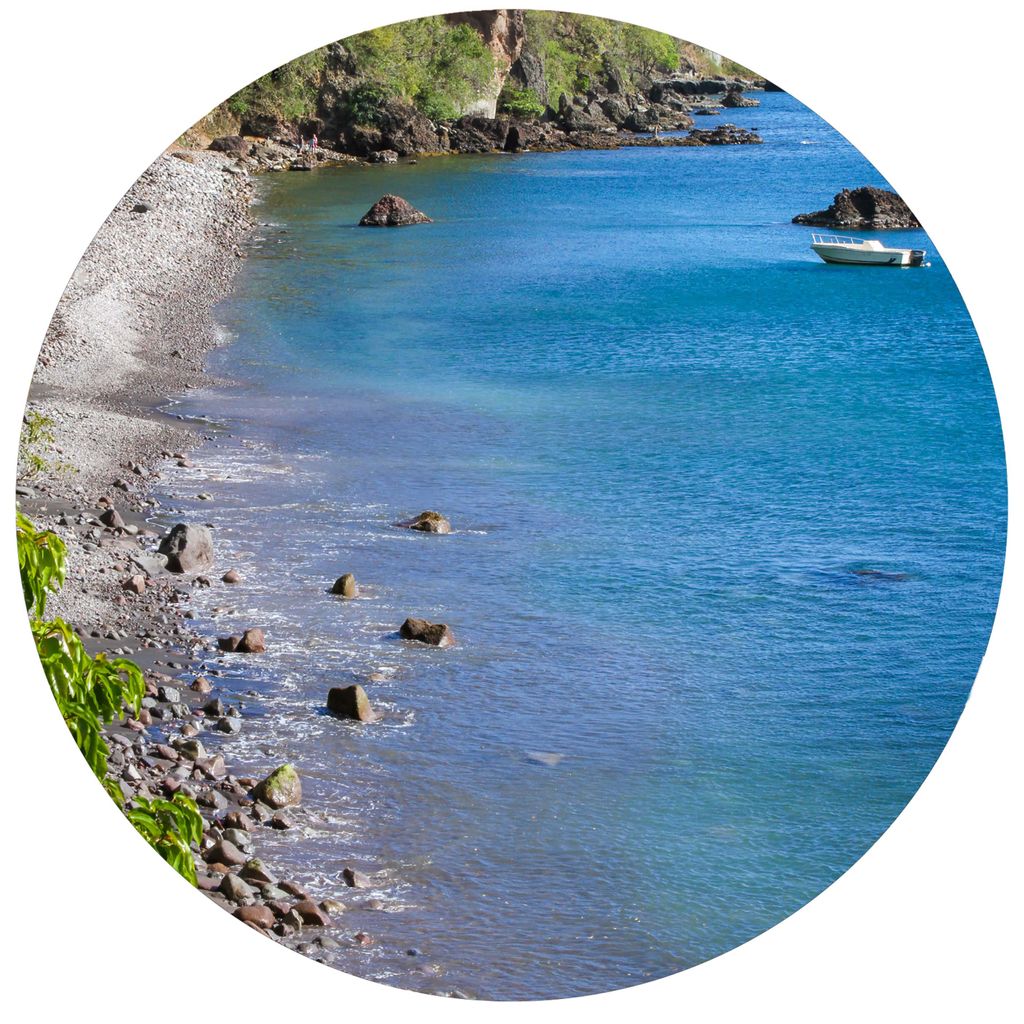
Enjoy clean, unpolluted beaches
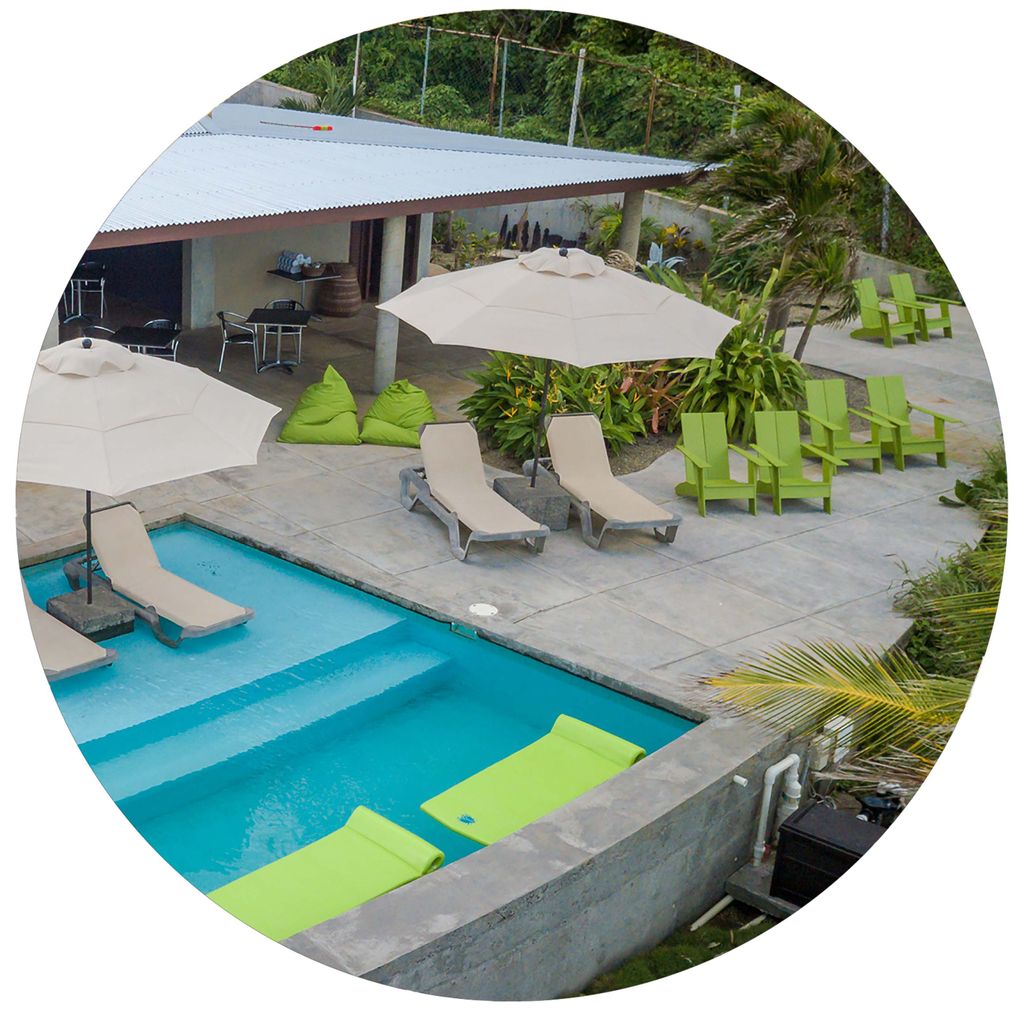
Stay in one of many lovely eco lodges

Experience clean, pure water

Dominica is a Caribbean island that has not been spoiled by mass tourism
When you tell your friends that you are going to Dominica and they respond by talking about the white sand beaches and hot dance clubs of the Dominican Republic, just smile. You are going somewhere very different; to a Caribbean island that has not been trampled and spoiled by mass tourism, to a place that is still off the beaten path, and unheard of by those who are not in the know. And that makes you just that little step ahead of the crowd.
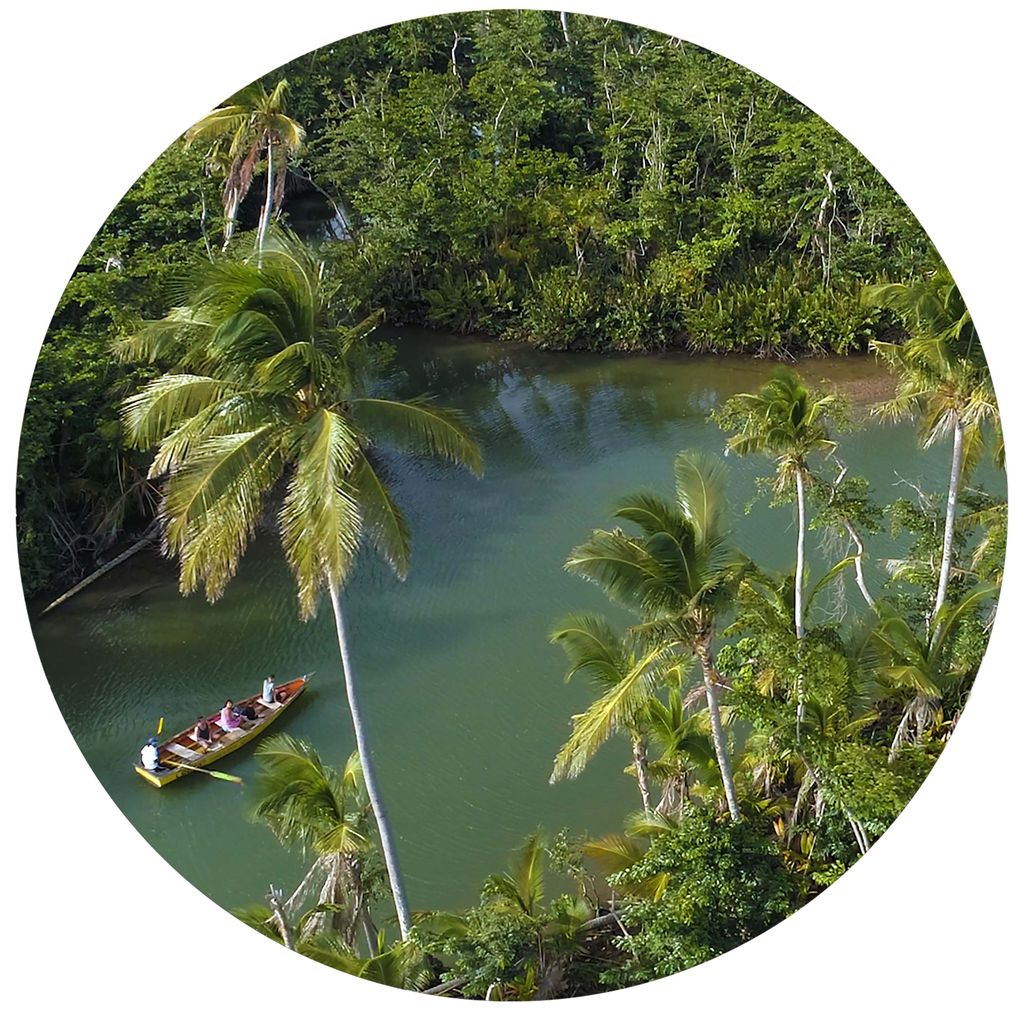
Discover a river few visitors have ventured to
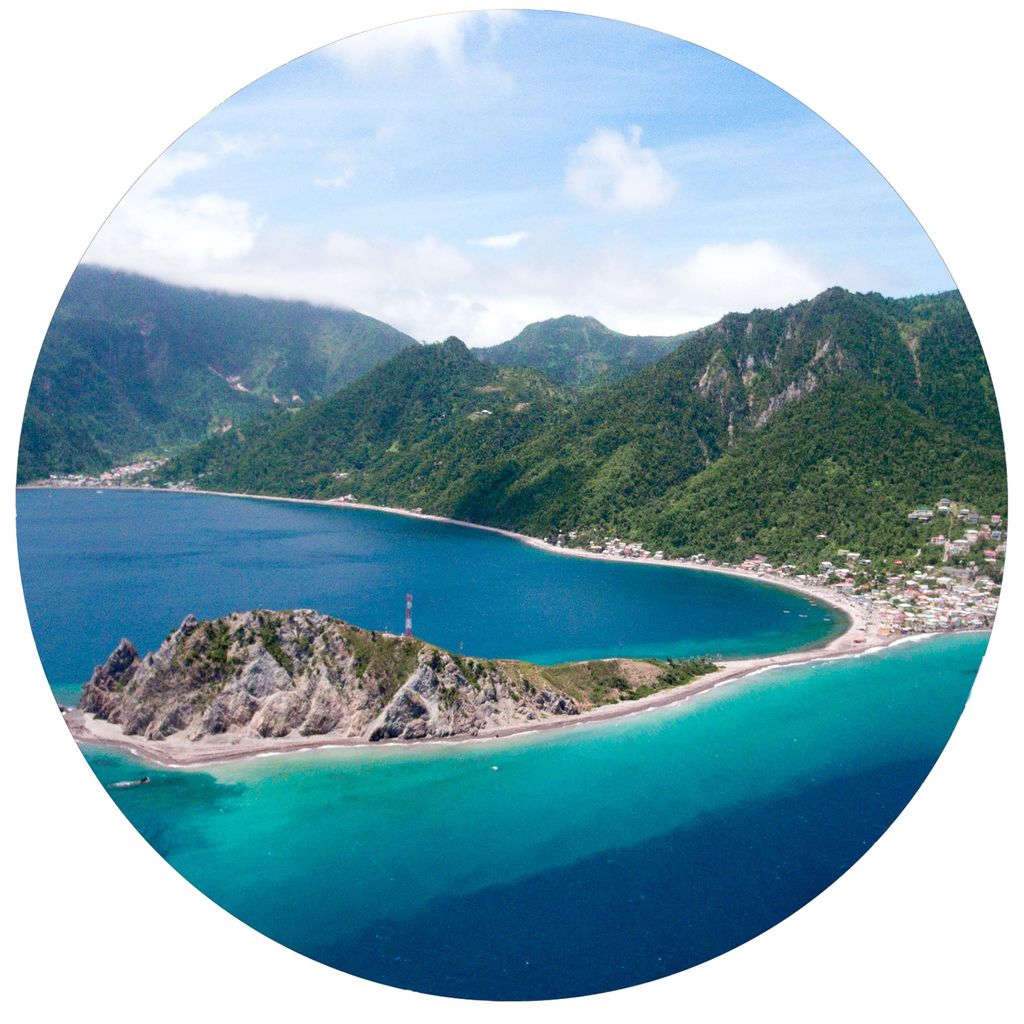
Explore the picturesque Scott’s Head region
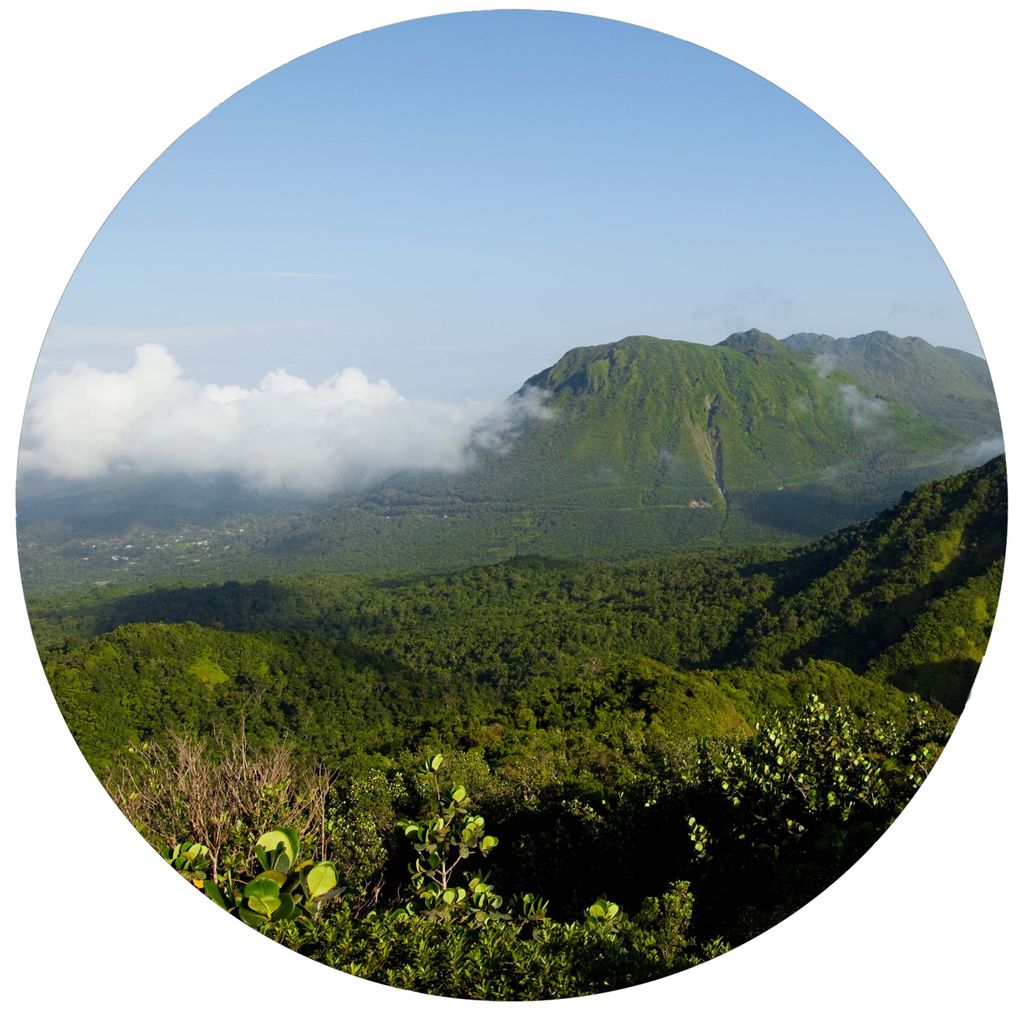
Enjoy mountains unspoilt by mass tourism